Speakers
Share insights with global leaders in technology, public policy, and academic efforts to develop and deploy
solutions for these pressing societal challenges.
More speakers to be added soon!
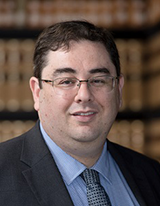
Dr. Andre Oboler
Online Hate Prevention Institute
Dr. Andre Oboler is CEO of the Online Hate Prevention Institute, Senior Advisor to the American Jewish Congress, a Vice President of the IEEE Computer Society, and an honorary associate at La Trobe University. He has been advising technology companies, governments, civil society groups, and academics on efforts to monitor and tackle hate and extremism in social media since 2007. He led the design on the precursor to modern transparency reporting, the “measuring the hate” report, and on the “Fight Against Hate” reporting tool. He has a PhD in Computer Science from Lancaster University (UK) and a Juris Doctor from Monash University (Australia).
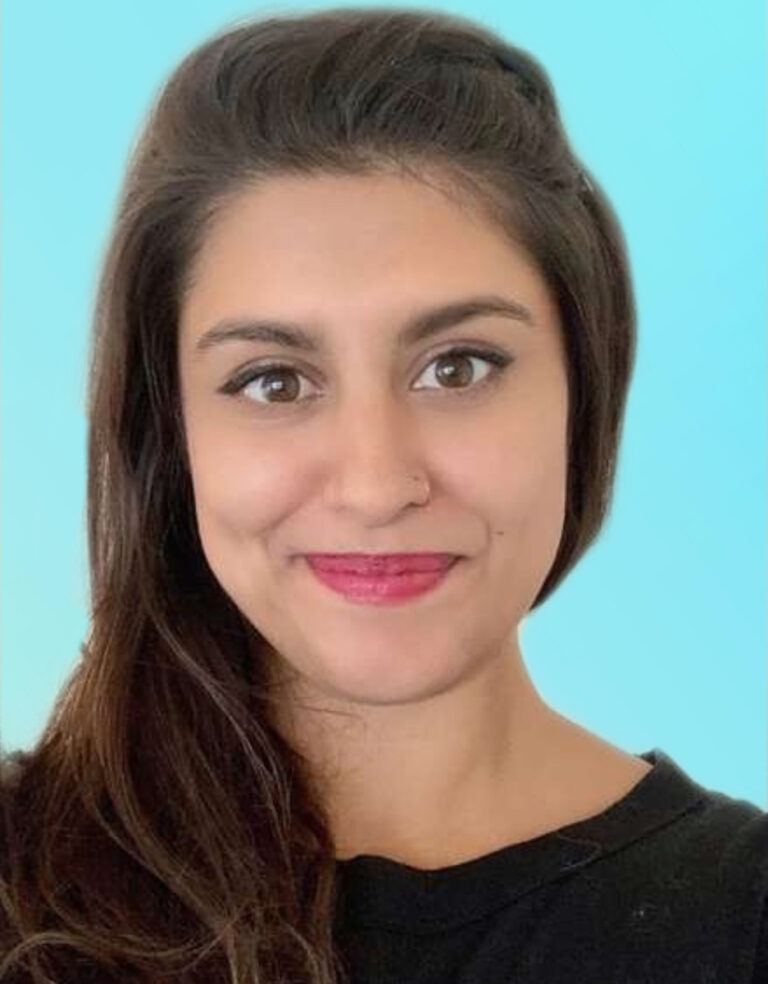
Tara Wadhwa
TikTok US
Tara Wadhwa is the Policy Director for TikTok US, where she leads the development of policies and moderation strategies that aim to create a welcoming, supportive, and safe platform for +100 million US community members. Previously, she focused on developing policies to protect against hateful behavior and harassment for TikTok globally. Before joining TikTok, Tara spent a decade as a researcher and administrator at the NYU Stern Center for Business and Human Rights where she focused on leveraging corporate commitment to enhance human rights protections in a variety of sectors, including technology. Tara holds a Master of Public Administration from the NYU Wagner School of Public Service and a B.A. from Yale University.
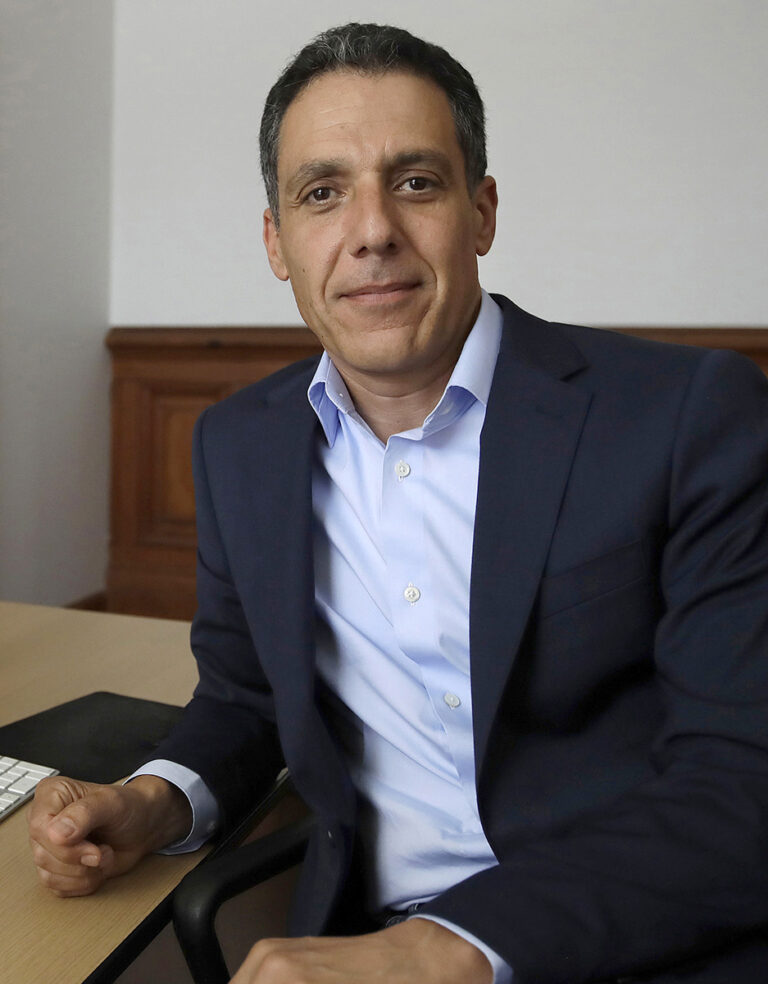
Hany Farid
University of California, Berkeley
Hany Farid is a Professor at the University of California, Berkeley with a joint appointment in Electrical Engineering & Computer Sciences and the School of Information. His research focuses on digital forensics, forensic science, misinformation, image analysis, and human perception. He received his undergraduate degree in Computer Science and Applied Mathematics from the University of Rochester in 1989, and his Ph.D. in Computer Science from the University of Pennsylvania in 1997. Following a two-year post-doctoral fellowship in Brain and Cognitive Sciences at MIT, he joined the faculty at Dartmouth College in 1999 where he remained until 2019. He is the recipient of an Alfred P. Sloan Fellowship, a John Simon Guggenheim Fellowship, and is a Fellow of the National Academy of Inventors.
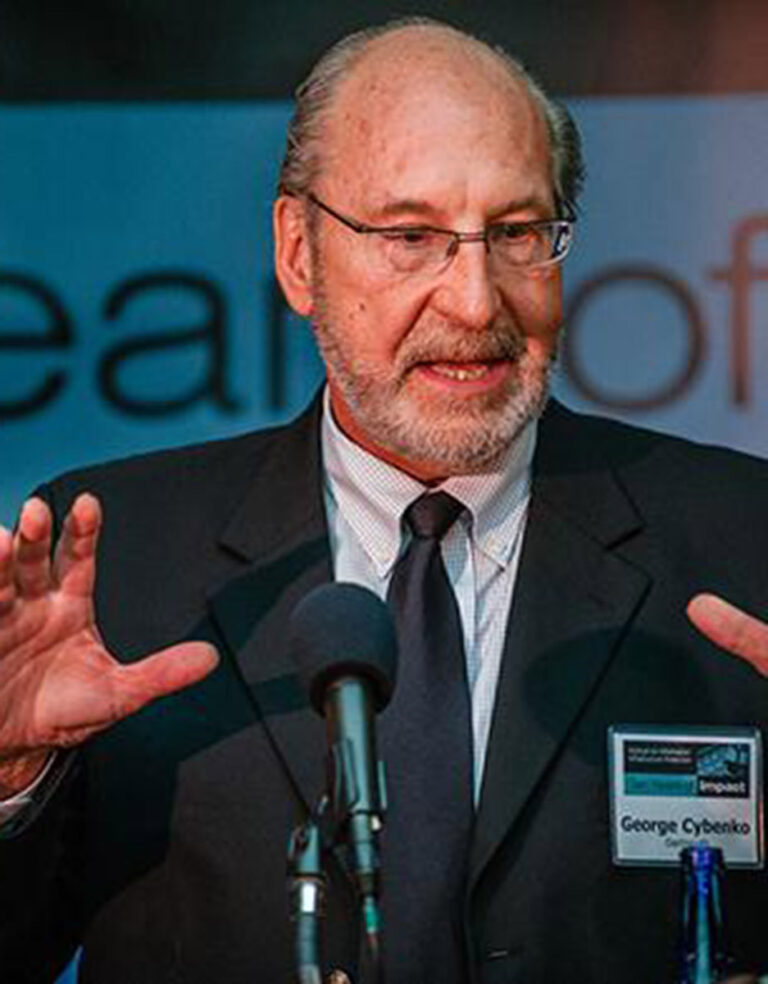
George Cybenko
Dartmouth College
Dr. Cybenko has made key research contributions in signal processing, information security, and machine learning. He was the founding editor-in-chief of IEEE/AIP Computing in Science and Engineering, IEEE Security & Privacy, and IEEE Transactions on Computational Social Systems. Prof. Cybenko is a Fellow of the IEEE and a Fellow of SIAM. He has served on the US Defense Science Board, the US Air Force Science Advisory Board, and the US Army Cyber Institute Advisory Committee. He received his BSc from the University of Toronto and his PhD from Princeton in mathematics.
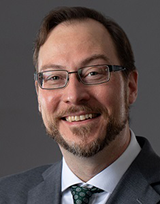
Dr. Forrest Shull
Carnegie Mellon University, IEEE Computer Society President
Dr. Forrest Shull is the Lead for Defense Software Acquisition Policy Research at the Carnegie Mellon University Software Engineering Institute (SEI). He leads the SEI technical response to the Department of Defense (DoD) in support of several important initiatives to improve acquisition by incorporating modern software development practices. This work culminated in the development of the Department’s first software-specific acquisition policy in 2020, which is supporting rapid and iterative delivery of software capabilities to the operational environment to meet the highest priority user needs.
He has been a lead researcher on projects for the DoD, the NASA Office of Safety and Mission Assurance (OSMA), the NASA Safety Center, the Defense Advanced Research Projects Agency (DARPA), the National Science Foundation, and commercial companies.
He is the author of over 100 peer-reviewed publications.
Shull is the current president of the IEEE Computer Society.
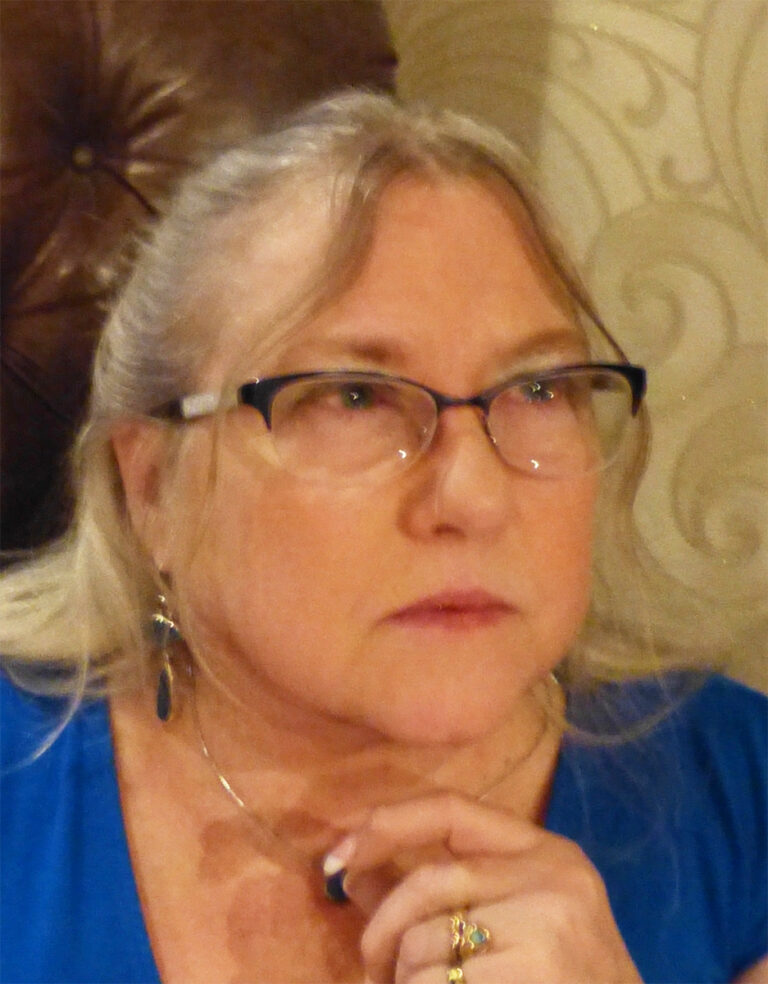
Kathleen M. Carley
Carnegie Mellon University
Kathleen M. Carley , Ph.D. Harvard, H.D. University of Zurich, does research that combines computer science, social science and policy in areas such as organizational-design, social media, terrorism, disinformation, health-analytics and hate-speech. Her pioneering research, 400+ publications, helped define the social-cybersecurity and dynamic-network areas, generated new methods for characterizing social-media influence campaigns, and led to new technologies used worldwide. She is the recipient of the USGA Academic Award at GEOINT 2018 for spatially-enabled dynamic-network analytics, the Allen Newell award for research excellence, the ASA Sociology-&-Computers Section Lifetime Achievement Award (2001), the INSNA Simmel Award for social-network advances (2011), and the Richards award for high-dimensional network software.
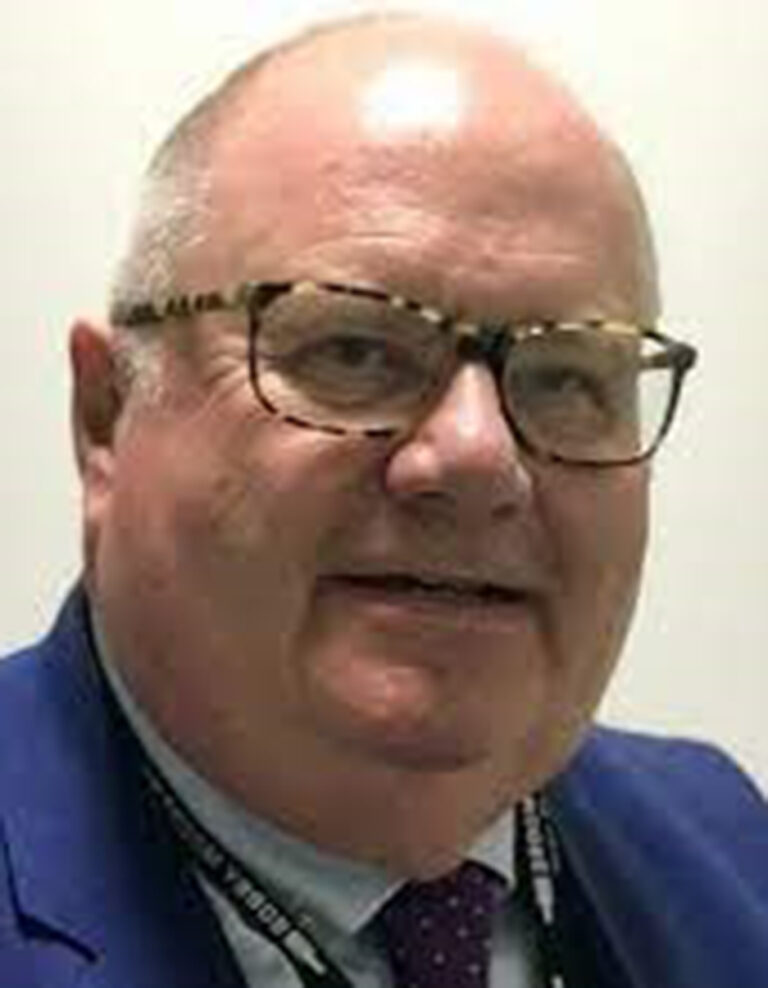
Lord Pickles
UK Post-Holocaust Issues Envoy
Lord Pickles was appointed Special Envoy for Post-Holocaust issues in September 2015. Lord Pickles works closely with the wide range of Holocaust academics, survivors and educational and social organizations in the UK. Along with the former Labor Cabinet Minister, Ed Balls, he co-chairs the United Kingdom’s Holocaust Memorial Foundation which advises the UK Government on their plans to build a new Holocaust Memorial and Learning Centre next to the Houses of Parliament in Westminster.
He was made a Life Peer in 2018.
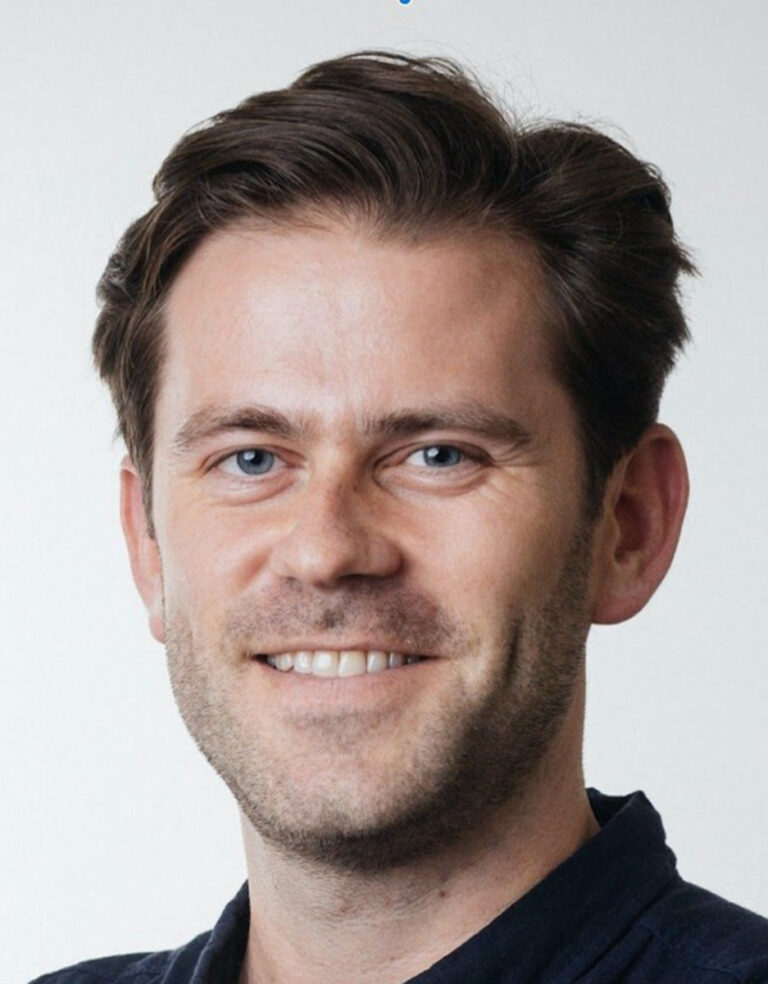
Stuart Rogers
ActiveFence
Stuart Rogers is the Head of Business and Corporate Development at ActiveFence, where he leads a range of company initiatives rooted in using machine learning to detect violent extremism, hate speech, child endangerment, and cyber threats, as well as the detection of state-sponsored and commercially driven Information Operations. Stuarts holds a B.A. from Princeton University and an M.A. in Cyber Security and Counter-Terrorism from Reichman University, where his individual work focused on the weaponization of information in the modern media landscape.

David Alan Grier
Elliot School of International Affairs
David Alan Grier is a writer, author and speaker on issues of technology, society, & organizations. He is the author of numerous, award-winning books on computing and society, including When Computers Were Human, the story of how we organized computation before we had machines to do for it.
He is Fellow of the IEEE, the Institute of Electrical and Electronic Engineers. He received this award for his contributions to crowdsourcing. Since 2007, written a regular column on computing and society for Computer magazine.
He is a principal in the consulting firm Djaghe, LLC.
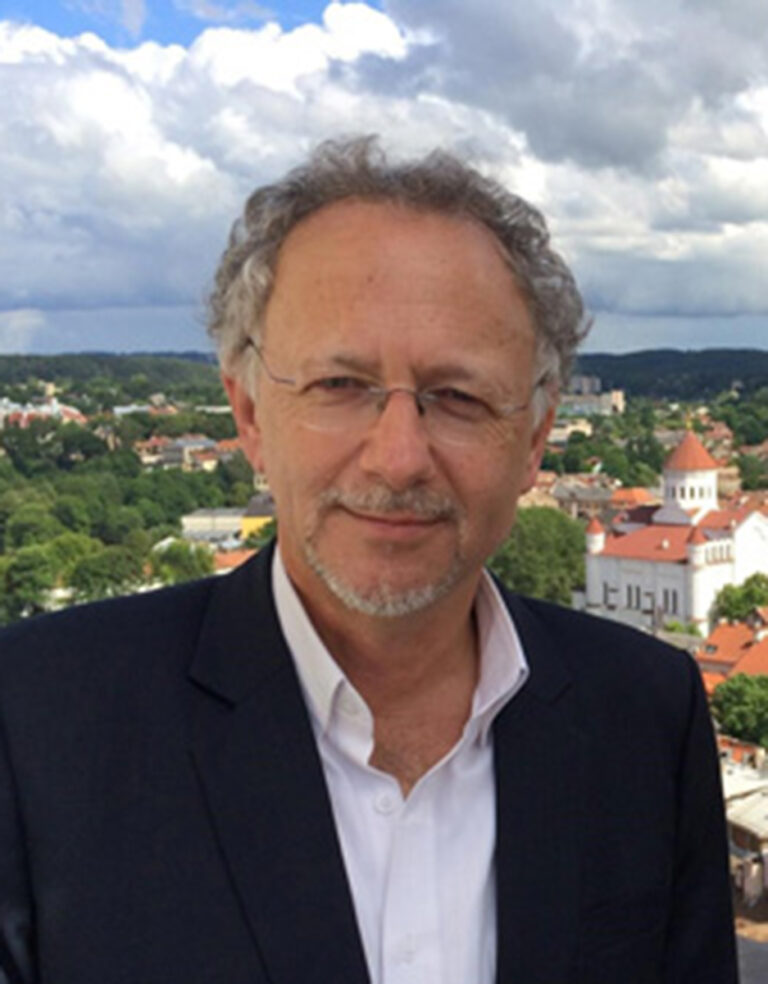
Fernand de Varennes
UN Special Rapporteur on Minority Issues,
United Nations
Dr. Fernand de Varennes has the mandate as United Nations’ independent expert to enhance the promotion and protection of the rights of national or ethnic, religious, and linguistic minorities through responding to allegations of violations of their human rights, conducting country missions to assess the treatment of minorities, and preparing reports to clarify these rights such as in relation to hate speech in social and the prevention of ethnic conflicts. He is also Extraordinary Professor at the University of Pretoria, Cheng Yu Tung Visiting Professor at the University of Hong Kong, and Adjunct Professor in Human Rights, National University of Ireland, Galway.
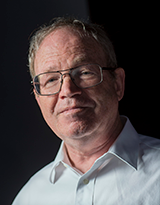
Dr. Rand Waltzman
RAND Corporation
Dr. Waltzman has 39 years of experience performing and managing research in Artificial Intelligence applied to variety of domains. He has served two terms as an AI Program Manager at DARPA. In his first term (ended 1991) he managed the DARPA Image Understanding (Computer Vision) Program. For his second term (ended 2015) he managed the Social Media in Strategic Communications (SMISC) program and the Anomaly Detection at Multiple Scales (ADAMS) insider threat detection program. Other positions include CTO (acting) of the Software Engineering Institute of Carnegie Mellon University and Deputy CTO of the RAND Corporation.
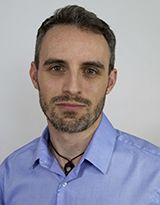
Tom Thorley
Global Internet Forum to Counter Terrorism
Tom Thorley is the Director of Technology at the Global Internet Forum to Counter Terrorism (GIFCT). He worked for over a decade at the British government’s signals intelligence agency, GCHQ, where Tom specialized in issues at the nexus of technology and human behavior. Tom spent the last five years in the US working with US government, military and intelligence agencies to coordinate intergovernmental relationships and providing expert consultancy on cyber issues, disinformation, technology strategy and operational planning. Prior to his deployment to the US, Tom built and operationalized data science teams to inform operations and discover threats, particularly focused on counter terrorism. Tom is a graduate of the University of Liverpool (BA) and the University of Bath (PgC).
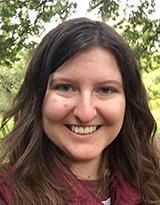
Ellen Judson
CASM, Digital Research Hub at Demos
Ellen is a senior researcher at CASM, the digital research hub at Demos, where her work focuses on rights online and information environments. She has worked on projects including investigating state-aligned gendered disinformation, the tactics of information operations, public attitudes to and experiences of technology, and protecting privacy and anonymity online. She leads CASM’s engagement with civil society on the UK Online Harms proposals.
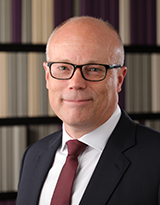
Alastair MacGibbon
National Cybersecurity Center (Australian Signals Directorate)
Alastair was recently the National Cyber Security Adviser, head of the Australian Cyber Security Centre (Australian Signals Directorate) and Special Adviser to the Prime Minister on Cyber Security.
He has a private sector and government background and has served as the Government’s e-Safety Commissioner and as the general manager of security for Dimension Data.
Alastair helped establish the Australian Federal Police’s high-tech crime centre during his long stint with the Australian Federal Police, and also previously worked at eBay as its senior director of trust, safety and customer support, and as the local CEO of infosec certification not-for-profit CREST Australia.
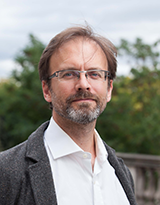
Daniel Allington
King’s College London
Daniel Allington is Senior Lecturer in Social and Cultural Artificial Intelligence at King’s College London. His projects currently include a study of online anti-Semitic hate speech, carried out in collaboration with Matthias Becker at the Technical University of Berlin with funding from the Landecker Foundation, and a study of COVID-19 misinformation in collaboration with Siobhan McAndrew at the University of Sheffield and Bobby Duffy at King’s College London with funding from UK Research and Innovation.

Dr. Erin Saltman
Global Internet Forum to Counter Terrorism
Dr. Erin Saltman is the Director of Programming at the Global Internet Forum to Counter Terrorism (GIFCT). She was formerly Facebook’s Head of Counterterrorism and Dangerous Organizations Policy for Europe, the Middle East and Africa; working with multi-sector stakeholders and building out CVE programs for Facebook in partnership with international NGOs. Dr Saltman’s background and expertise includes both far-right and Islamist extremist processes of radicalization within a range of regional and socio-political contexts. Her research and publications have focused on the evolving nature of online extremism and terrorism, gender dynamics within violent extremist organizations and youth radicalization. Previous roles include Senior Research and Programs positions at Quilliam Foundation and the Institute for Strategic Dialogue (ISD Global), where she remains a Research Fellow.
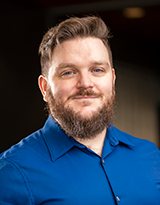
Marc-Andre Argentino
International Center for the Study of Radicalization
Marc-André Argentino is a PhD candidate in the Individualized Program at Concordia University, Montreal (in Theological Studies, the Centre for Engineering in Society and the Institute of Information System Engineering). Marc-André is a research fellow at the International Center for the Study of Radicalization, an associate fellow at the Global Network on Extremism & Technology and an associate researcher at the Centre d’Expertise et de Formation sur les Intégrismes Religieux, les Idéologies Politiques et la Radicalisation.

Pete Watson
Xcyber
Pete is an expert in cyber technologies, with a lifelong passion for computing, telecoms and data science honed within 30 years working for the UK Government – leading a department responsible for the acquisition, processing and analysis of significantly high-volume data. Pete also presided over research and development teams responsible for innovation against new and emerging technologies, services, protocols and applications – including via mobile technologies.
Pete uses this unique experience and knowledge to advise large corporate entities, private companies and Government agencies around the world on the multifaceted threats, challenges and opportunities that occur in our increasingly interconnected world – specializing on corporate infrastructure, communications security and effective management of risks surrounding data-flows.

